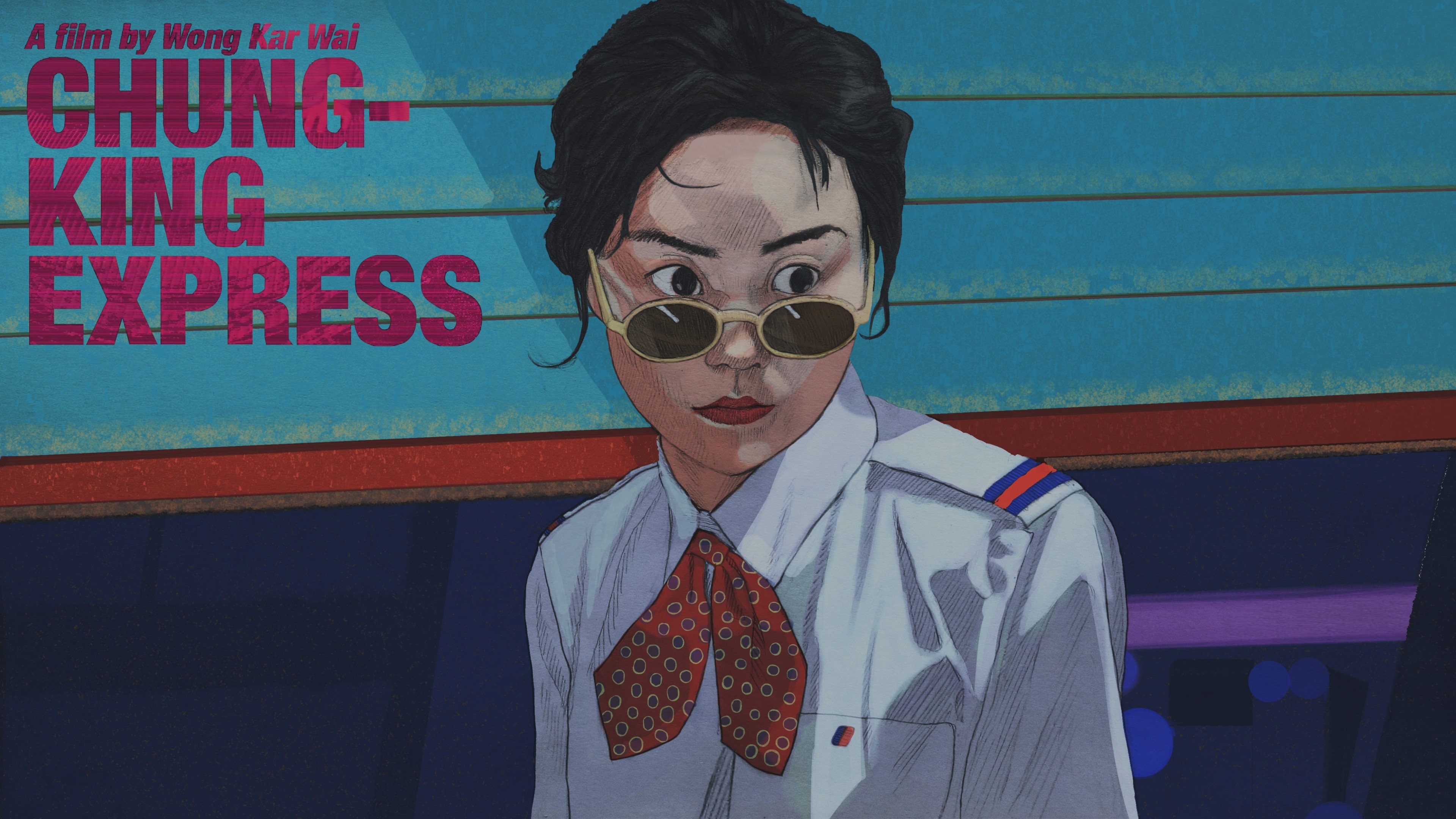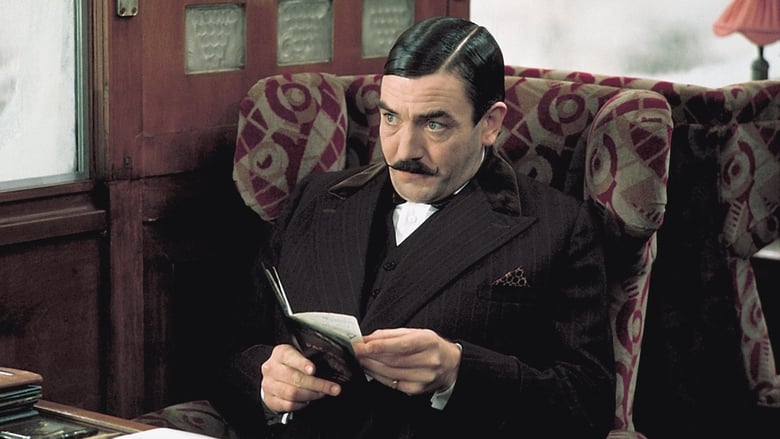

There are many establishing shots showing characters inhabiting the same places at different times, and even the same places at the same times without noticing each other. Perhaps the most striking element of the film is the interconnectedness of the characters and situations. The camera styles add a common surreal element to each of the stories, while still keeping them somewhat independent. The recurring style in the second half is a time-lapse type shot with people around the main subjects moving very fast and the subjects themselves moving in slow motion (a really cool effect). Wong Kar-Wai uses a decidedly unique filming technique for much of the first half of the film a blurry hand-held technique (think Blaire Witch on drugs) used during the chase scenes. The mechanism that allows these seemingly disjointed stories together is the camera work.

These characters and their bizarre relationship illustrates that love can manifest itself in any number of ways, many of them unconventional. Faye Wang's quirky portrayal of the free-spirited counter girl who helps Leung forget about his ex-girlfriend, is exactly what the film needed to counter-balance its darker first half. Tony Leung plays the part of a rejected lover perfectly and gives of the air of being sad without ever really being pathetic. The second (and far stronger) story centers around two people and their interaction at a fast food counter in the Kwaloon section of Hong Kong. The story ends on a high note that shows us that a simple act of kindness can bring the most unreceptive people to appreciate the beauty hidden in life. The two main characters in this half of the film, a police officer played dolefully by Takeshi Kaneshiro, and a heroin smuggler played icily by Bridgitte Lin, interact for only ten percent of the story, but their meeting leaves them both with memories that will last life time. Love comes and brings us light and joy, but it also goes and leaves us feeling empty and needing fulfillment. The first story is mainly about the sadder side of love. Is it possible that the next person you fall in love with could be a notorious heroin smuggler or the counter girl at the express luncheonette counter? Wong Kar-Wai, the writer/director of Chungking Express seems to think so. Within the course of 24 hours we can influence someone's life (for better or worse) so deeply that they will never forget us. The Hong Kong cut was released on VHS/laserdisc by World Video and on VHS/LD/DVD by Mei Ah.Įvery day we interact with people.

The international cut is Wong's preferred version and has been used for most home video releases. The international version strips out the music (leaving only ambient noise), although "Dreams" still appears at the end of the film.

In the Hong Kong version, the Faye Wong cover of "Dreams" plays over the shot of 663 drinking coffee.The sequence with Zhiwu loitering outside his girlfriend's window appears earlier in the international edit.The international version includes the kidnapping of an Indian girl, which does not occur in the Hong Kong version.Indian music plays during the smugglers' arrival at the airport in international prints in the Hong Kong version, the title theme plays.The international version expands the scenes where The Blonde prepares for the smuggling trip and later searches for the smugglers.'Kar Wai Wong' made several changes to the international version, bringing the running time to 102 minutes: The original Hong Kong release ran 98 minutes.


 0 kommentar(er)
0 kommentar(er)
